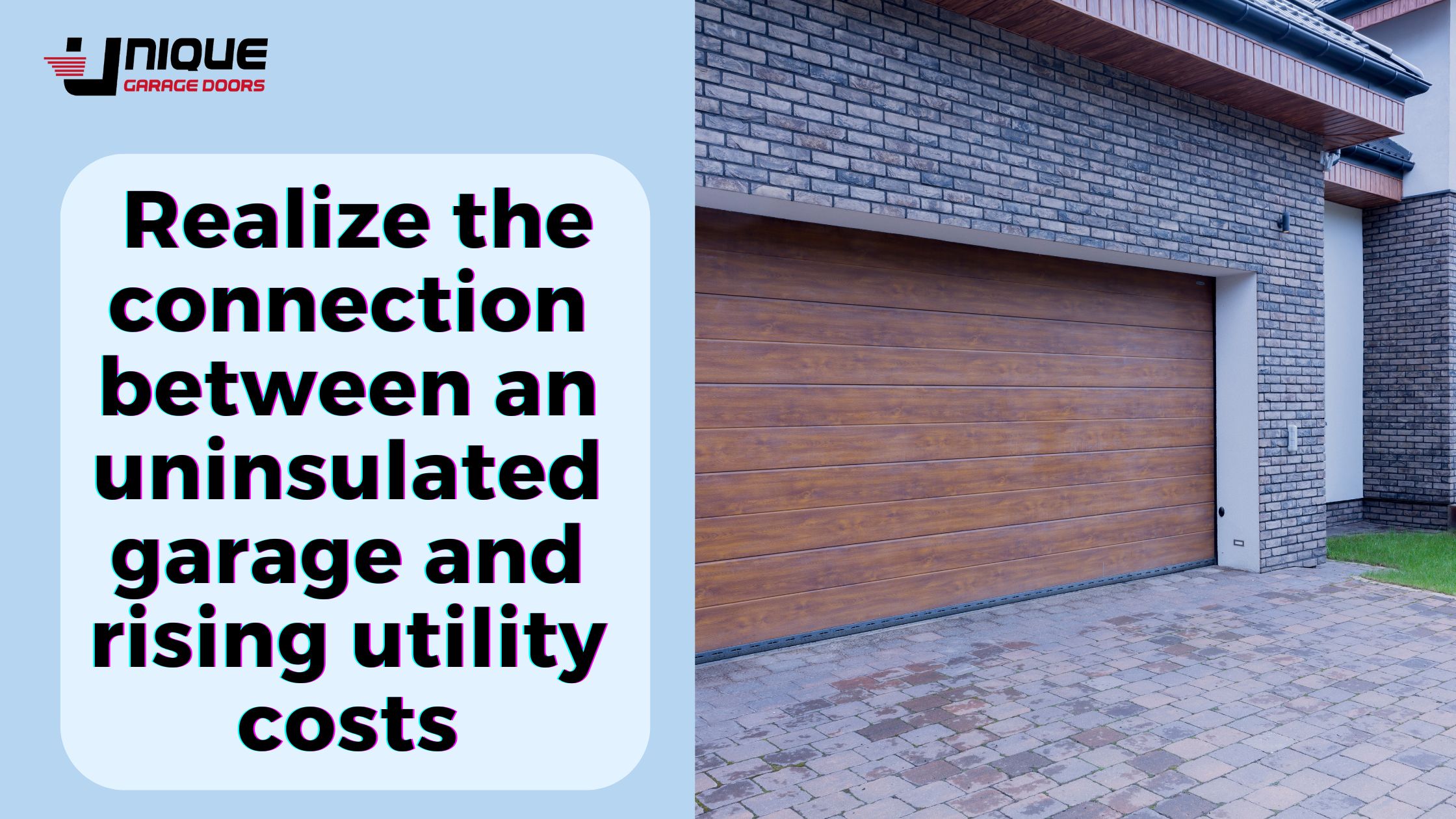Let’s be honest—when was the last time you thought about your garage insulation?
Most of us don’t give it a second thought. But here’s the thing: that cold or stuffy garage could be silently draining your wallet.
If your garage is attached to your home and not insulated, you might be paying more on your energy bills than you should. In fact, it might be the sneaky culprit behind your rising utility costs.
Let’s break it down.
Why an Uninsulated Garage Affects Your Energy Bills
Think of your home like a body. If one part isn’t protected, the whole system suffers.
A garage without insulation is like walking around barefoot in winter—cold sneaks in, heat slips out.
When your garage isn’t insulated, the outside temperature comes right in. If your garage is attached to your home, this heat (or cold) easily spreads to the rooms next to it.
What does that mean for you? Your heating and cooling systems work overtime.
What Happens Then?
- Your HVAC runs longer and harder
- More power gets used
- Your monthly bills creep higher
So yes, garage heat loss is real, and it costs you.
How Garage Insulation Keeps Your Home Comfortable
Here’s the good news—garage door insulation is a relatively simple fix.
By sealing off your garage, you stop the extreme outdoor air from entering. Your HVAC system breathes a sigh of relief, and your indoor temperature stays stable.
An insulated garage can:
- Reduce heat transfer
- Maintain a comfortable temperature inside
- Lower heating and cooling costs
It’s a win-win for your home comfort and your wallet.
But It’s Not Just About Energy Savings
A properly insulated garage also protects your belongings.
Many people use the garage to store paint, tools, or even food. Extreme heat or cold can damage those items over time.
And if you’ve converted your garage into a workspace or gym, insulation becomes even more important. You don’t want to freeze in winter or roast in summer, right?
Why Most Garages in Canada Need Insulation
Living in Canada means we deal with intense weather. From freezing winters to blazing summers, our homes go through a lot.
That’s why homes in cities like Vancouver, Surrey, and Burnaby benefit from quality garage door insulation. Without it, your home works double time just to stay comfortable.
You’ll especially notice a difference during seasonal changes—just when utility bills tend to spike.
Don’t Forget the Garage Door
While wall and ceiling insulation matter, the garage door plays the biggest role.
Why? It’s the largest entry point in most garages. If your garage door isn’t insulated, warm or cold air will find a way in—fast.
Upgrading to an insulated garage door can make a dramatic difference in:
- Utility bills
- Interior comfort
- Noise reduction
- Overall energy efficiency
If you’re unsure whether your garage door needs an upgrade, reach out to our team at Unique Garage Doors for expert advice.
Real-Life Impact: A Quick Comparison
Let’s say you have a two-car garage and your energy bills are around $200/month in winter.
A poorly insulated garage can increase that by 15–25%, depending on how much air leaks in.
That’s an extra $30 to $50 a month. Over a year, that’s $600 or more wasted on heating and cooling.
Installing proper garage insulation could pay for itself within one to two winters.
When Should You Upgrade Your Garage Door?
Here are a few signs that your current garage door may need an upgrade:
- It feels extremely cold or hot to touch
- You notice drafts or air leakage
- Your energy bills are unusually high
- The garage is always uncomfortable, no matter the season
If that sounds familiar, it might be time for a change.
Final Thoughts: Save Energy. Save Money. Stay Comfortable.
Your garage shouldn’t be the weak link in your home’s insulation system.
By insulating your garage and upgrading your garage door, you’re investing in long-term energy savings and a more comfortable living space.
Want to learn more about how garage insulation can help your home? Visit Unique Garage Doors to explore our insulated garage door options designed for Canadian weather.

